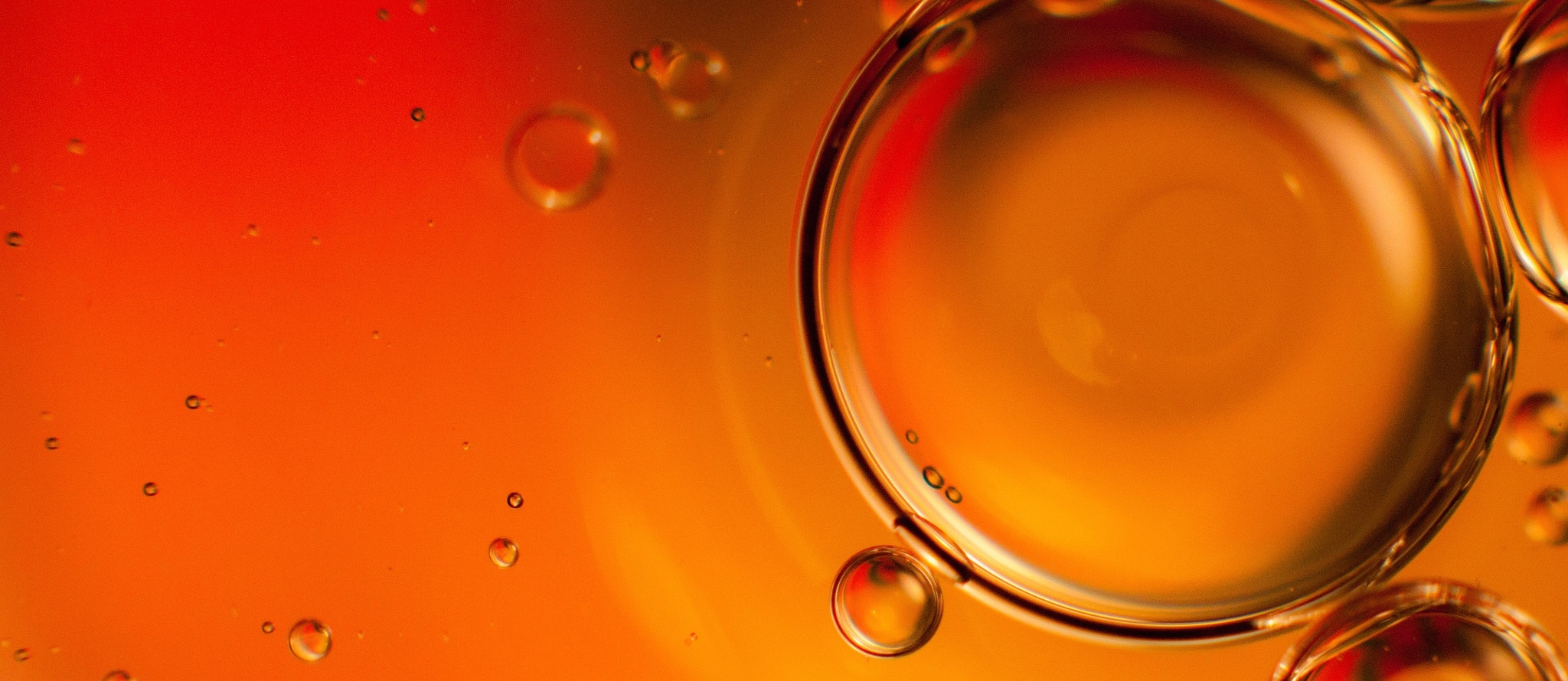Aromatherapy — the use of concentrated essential oils extracted from plants to treat disease — is commonly used to treat anxiety symptoms. Anxiety disorders are the most prevalent class of psychiatric disorders in the general population. However, their treatment is challenging, because the drugs used for the relief of anxiety symptoms can have serious side effects.
Thankfully, credible studies that examine the effect of essential oils on anxiety symptoms are gradually starting to appear in the medical literature. However, in most of these studies, exposure to the essential oil odor was accompanied by massage. This makes it difficult to draw firm conclusions about the effect of the aroma itself.
A typical example includes this study where patients in the intensive care unit the day after open-heart surgery got foot massages with orange-scented oil. Why not back massages? Because they just had their chests cracked open so they have huge sternotomy wounds. Patients showed a significant psychological benefit from the aromatherapy massage.
But how do we know the essential oil had anything to do with it? Maybe it was just the massage. If that’s the case, then great—let’s give people massages! I’m all for more ICU foot rubs. “There is considerable evidence from randomized trials that massage alone reduces anxiety, so if massage is effective, then aromatherapy plus massage is also effective.” One study where cancer patients got massaged during chemo and radiation even found that the massage without the fragrance may be better. The researchers thought it might be a negative Pavlovian response: the patient smells the citrus and their body thinks, “Oh no, not another cancer treatment!”
More recently the ambient odor of orange was tested in a dental office to see if it reduces anxiety and improves mood. Ambient odor of orange was diffused in the waiting room and appeared to have a relaxant effect—less anxiety, better mood, and more calmness—compared to a control group where there was no odor in the air. No odor, that is, except for the nasty dentist office smell. Maybe the orange scent was just masking the unpleasant odors. Maybe it had nothing to do with any orange-specific molecules. More research was necessary.
So in another study, highlighted in my video, Orange Aromatherapy for Anxiety, researchers exposed some graduate students to an anxiety-producing situation and tested the scent of orange, versus a non-orange aroma, versus no scent at all. The orange did appear to have an anxiety-reducing effect. Interestingly, the observed anxiety-reducing effects were not followed by physical or mental sedation. On the contrary, at the highest dose, the orange oil made the volunteers feel more energetic. So orange aromatherapy may potentially reduce anxiety without the downer effect of Valium-type drugs. Does that mean we can get the benefits without the side effects? I’ve talked about the concerns of using scented consumer products before, even ones based on natural fragrances (Throw Household Products Off the Scent), and there have been reports of adverse effects of aromatherapy.
Alternative medicine isn’t necessarily risk-free. For example, there are dozens of reported cases of people having their hearts ruptured by acupuncture. Ouch.
But the adverse effects of aromatherapy were mostly from skin irritation from essential oils being applied topically, or even worse swallowed. Certain citrus oils can also make your skin sensitive to sunlight.
Lavender may also help for both anxiety (Lavender for Generalized Anxiety Disorder) and migraines (Lavender for Migraine Headaches).
The only other aromatherapy-related video is Wake Up and Smell the Saffron, though I have others on natural ways do reduce anxiety, including:
- Improving Mood Through Diet
- Gut Feelings: Probiotics and Mental Health
- The Best Way to Boost Serotonin
- Herbal Tea Update Rooibos Nettle
Natural, though, doesn’t always mean safe. See, for example:
- Plant-Based Bioidentical Hormones
- The Wrong Way to Boost Serotonin
- Chamomile Tea May Not Be Safe During Pregnancy
- Some Dietary Supplements May Be More Than a Waste of Money
- Some Ayurvedic Medicine Worse Than Lead Paint Exposure
Of course eating citrus is good too! I have videos on Reducing Muscle Fatigue With Citrus and Keeping Your Hands Warm With Citrus, but Tell Your Doctor If You Eat Grapefruit.
-Michael Greger, M.D.
PS: If you haven’t yet, you can subscribe to my videos for free by clicking here and watch my full 2012 – 2015 presentations Uprooting the Leading Causes of Death, More than an Apple a Day, From Table to Able, and Food as Medicine.
